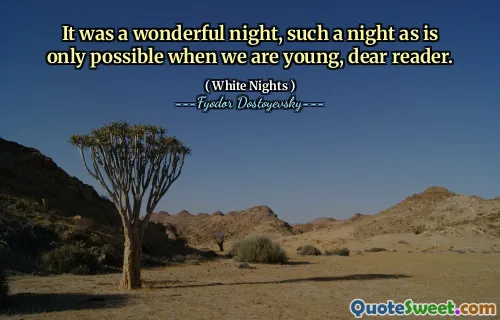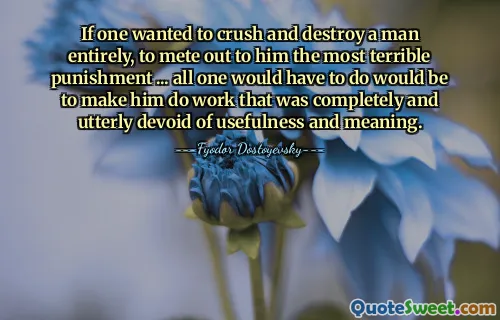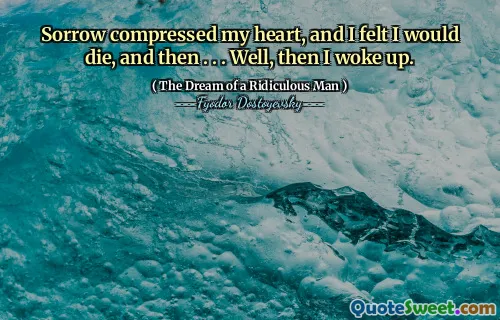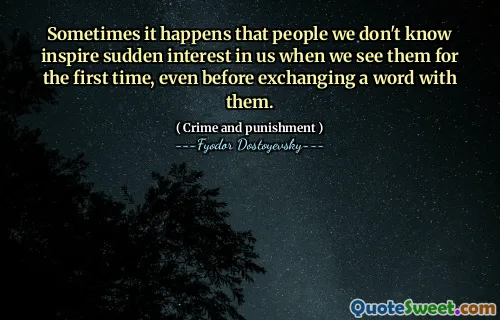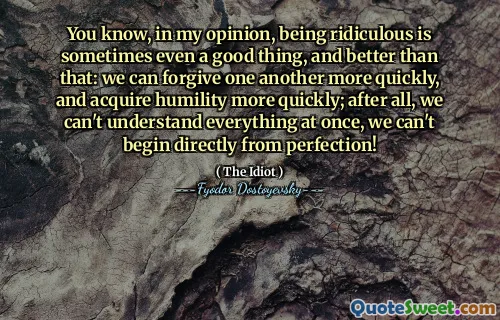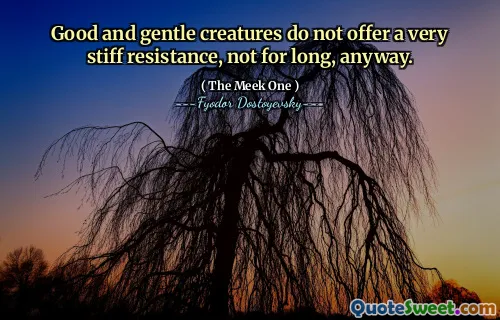Fyodor Dostoyevsky was a renowned Russian novelist and philosopher, known for his profound exploration of human psychology and morality. His works often delve into themes of existentialism, free will, and the struggle between faith and doubt. Dostoyevsky's life experiences, including his time in a Siberian labor camp and his battles with poverty, deeply influenced his writing. His most famous novels, such as "Crime and Punishment," "The Brothers Karamazov," and "The Idiot," showcase complex characters grappling with philosophical dilemmas and ethical conflicts. Through his intricate plots and rich character development, Dostoyevsky invites readers to confront the darker aspects of the human condition, while also proposing the possibility of redemption and spirituality. Dostoyevsky's legacy endures as one of the greatest literary figures in history, impacting countless writers and thinkers. His ability to articulate the struggles of the human soul continues to resonate with readers today, making his works timeless reflections on the nature of existence and humanity.
Fyodor Dostoyevsky was a pivotal figure in Russian literature, whose works explored deep philosophical questions and the human psyche.
Born in 1821, Dostoyevsky faced numerous hardships, including imprisonment and financial struggles, which shaped his literary voice.
His novels often feature intense moral dilemmas and are celebrated for their psychological depth, influencing literature and philosophy for generations.
Loading...
More »
Today Birthdays
1729 -
Edmund Burke
1949 -
Haruki Murakami
1954 -
Howard Stern
1876 -
Jack London
1993 -
Zayn Malik
1951 -
Kirstie Alley
1863 -
Swami Vivekananda
1923 -
Alice Miller
1987 -
Naya Rivera
1825 -
Brooke Foss Westcott
1944 -
Joe Frazier
1951 -
Rush Limbaugh
1964 -
Jeff Bezos
1978 -
Jeremy Camp
1628 -
Charles Perrault
1856 -
John Singer Sargent
1970 -
Kaja Foglio
1953 -
Rick Santelli
1986 -
Gemma Arterton
1968 -
Raf Simons
1958 -
Christiane Amanpour
1966 -
Olivier Martinez
1996 -
Ella Henderson
1917 -
Maharishi Mahesh Yogi
1949 -
Ottmar Hitzfeld
1928 -
Ruth Brown
1968 -
Heather Mills
1946 -
George Duke
1968 -
Rachael Harris
1923 -
Ira Hayes

